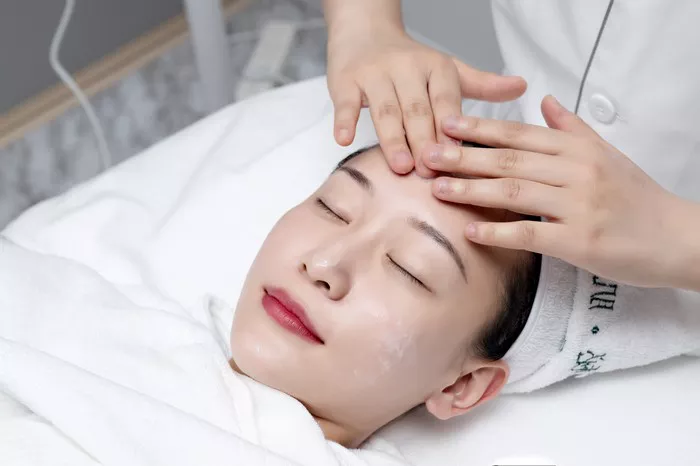Recent data from the U.S. Centers for Disease Control and Prevention reveal that 15% of men aged 18 and older report their health as fair or poor. Experts link this to a combination of inactivity, substance abuse, obesity, and men’s tendency to delay preventive care and overlook warning signs.
Dr. Tamara Kermani, family medicine physician at Parkview Health, notes that while men’s health concerns evolve with age, certain issues persist throughout life.
20s: Mental Health and Risky Behaviors
Anxiety and depression are widespread among men in their twenties, yet stigma often prevents them from seeking help. Suicide remains the second leading cause of death in this group. Many young men self-medicate with alcohol or drugs, risking dependency. Dr. Kermani advises limiting alcohol intake and staying hydrated, emphasizing the importance of designated drivers.
Sexually transmitted infections are another major concern, with rates of gonorrhea, chlamydia, herpes, and syphilis rising, especially among those aged 20 to 24. Regular STI screening is recommended, as many infections are asymptomatic.
30s: Cancer Risk and Injuries
Testicular cancer most commonly affects men in their late twenties to early thirties. Regular self-exams are crucial to detect unusual lumps or pain early. Sporadic, intense exercise often leads to injuries in this age group, so proper stretching, technique, and hydration are essential.
Skin cancer diagnoses are increasing. Annual skin checks are advised, especially for fair-skinned men or those with a family history. Sunscreen use and awareness of warning signs — asymmetry, irregular borders, color changes, and size — can aid early detection.
40s: Chronic Conditions and Cancer Screenings
Men in their forties face growing risks of hypertension, high cholesterol, type 2 diabetes, and liver problems, particularly those with metabolic syndrome.
Cancer screenings should begin in this decade. Prostate cancer screening is recommended around age 40 for African American men or those with family histories. Colorectal cancer screening typically starts at 45. Early detection greatly improves outcomes.
50s: Hormonal Changes and Urinary Issues
Testosterone levels often decline in men in their fifties, causing symptoms such as depression, fatigue, erectile dysfunction, and weight gain. Enlarged prostate symptoms become common, leading to urinary difficulties. Dr. Kermani urges men not to ignore these symptoms but seek medical advice.
All Ages: The Importance of Regular Care
Dr. Kermani stresses that men should maintain ongoing relationships with primary care providers. Many men in their 40s to 60s have never had regular check-ups. She encourages annual health screenings starting early to detect problems promptly and protect long-term health.
Related Topics

































